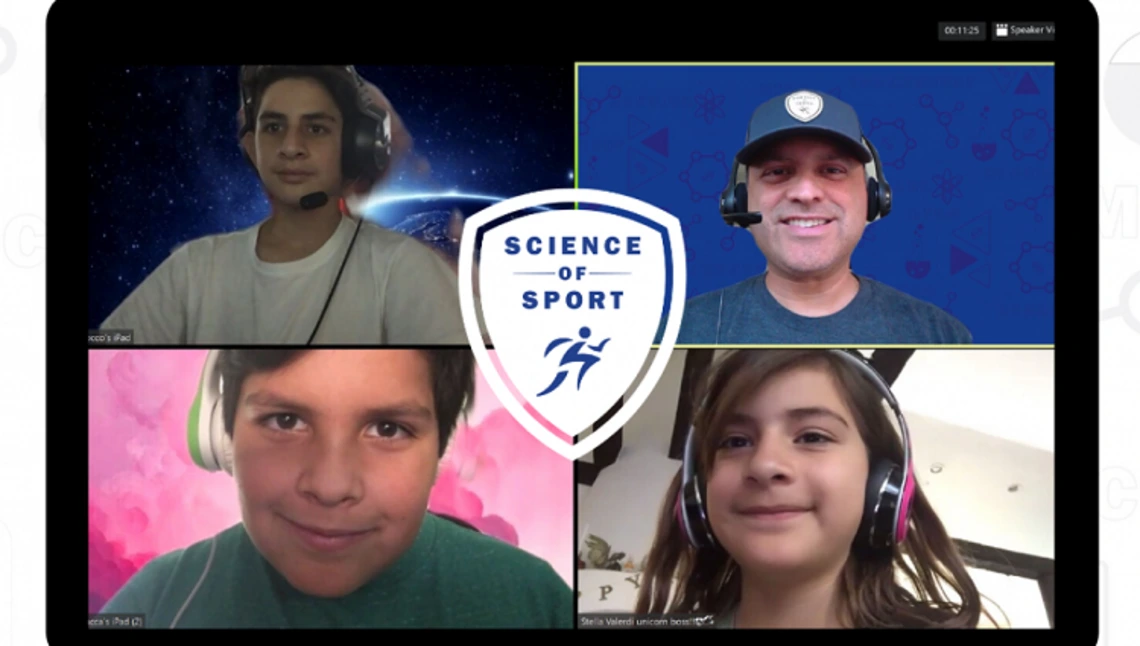Valerdi Combines Sports and STEM in Virtual Summer Camp

Science of Sport, a nonprofit organization focused on teaching elementary and middle school students about STEM through sports, has created online offerings to keep kids learning and active throughout the pandemic. In place of the in-person summer camps it has offered for the past seven years, the organization, headed by SIE professor Ricardo Valerdi, is hosting a series of virtual summer camps, available to middle schoolers throughout the country.
As soon as stay-at-home orders were issued, the Science of Sport team began offering free webinars through its Facebook page. Topics ranged from the geometry of stadium design to mathematically honing free throws and broad jumps.
Science of Sport, which also develops curriculum and trains educators to teach kids about STEM through athletics, typically partners with major sports teams in five cities for its in-person summer camps. This summer, many kids are stuck at home, and one survey from ParentsTogether reports that U.S. children are spending twice as much time online daily as before the COVID-19 pandemic – up from about three hours to six. Valerdi hopes these virtual camps will prevent boredom and an excess of sedentary screen time.
“Let’s get kids doing math and science, while also keeping them active,” he said. “Who wouldn’t want to do that?”
The weeklong camps last two hours each weekday, starting off with a live Zoom call, then transitioning to hands-on activities, some of which are explained in prerecorded videos.
“For example, we have a video about how to measure your strike zone in baseball,” Valerdi said. “We ask students to go get materials like a marker, a piece of paper and a tape measure, and we’ll work on actually doing it together. Then students can take photos of their strike zones and upload them.”
The camps also integrate activities related to nutrition, points scoring, and mathematical concepts ranging from percentages to geometry to statistics. Some activities involve miniature scavenger hunts, like finding a piece of food with a nutrition label. The only materials needed are commonly available household items, such as paper, a pencil, a trash can and tape.
“Doing this digitally actually makes our offerings scalable,” Valerdi said. “Before, it required me to get in a car or get on an airplane and go do this somewhere, but now we can reach thousands – tens of thousands – of kids just this summer, and nobody has to take any transportation. When registration for the virtual camps opened, the first kid who signed up was in Florida, and the second was in Oregon.”
Register here for one of the Science of Sport summer camps listed below.
